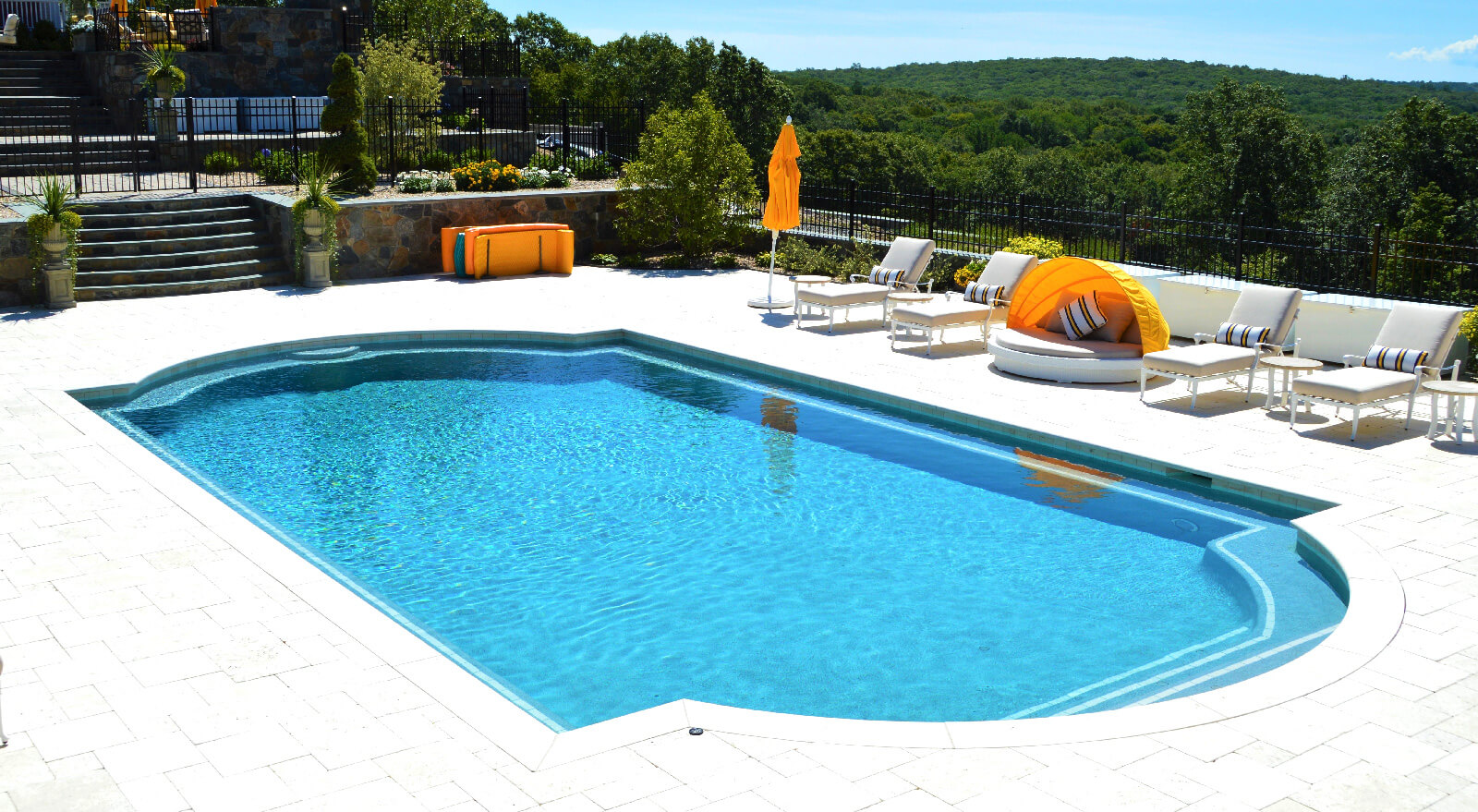Signs You Need a Pool Pump Replacement
Pumps serve as the heart of a pool’s circulation system, responsible for keeping the water clean, clear, and safe for swimming. Without a properly functioning pump, the water in your pool can quickly become stagnant and unhealthy. But how do you know when it’s time to replace your pool pump? Here are the key signs to look for that indicate you might be due for a pool pump replacement:
- Strange noises coming from the pump. One of the most obvious signs that your pool pump is nearing the end of its life is unusual or loud noises. Pool pumps should operate relatively quietly, producing a low, consistent humming sound. However, if you start to hear grinding, screeching, rattling, or banging noises, it could be a sign that the motor bearings or internal components are worn out. A loud, rattling pump generally indicates loose or damaged parts, while a screeching noise often points to motor bearings that are failing. If these issues persist, it’s time to consider a replacement before the damage worsens.
- Tripping of the circuit breaker. A pool pump that frequently trips your circuit breaker is a sign that something may be wrong with its electrical components. This could be due to a motor short, worn wiring, or other internal issues. While the problem can sometimes be fixed with a repair, consistent electrical issues are often an indication that the pump is in need of replacement. It’s also important to note that ignoring electrical issues can lead to more significant problems, including the risk of electrical fires, so it’s essential to address them as soon as possible.
- Loss of water pressure. If you notice that your pool’s water pressure is much lower than usual, this could indicate a problem with the pump. The pump’s primary job is to circulate water through the filter and return it to the pool, but when the pump is failing, it can’t generate enough pressure to do its job effectively. This loss of water pressure can lead to inadequate filtration, which results in cloudy or dirty water. If the pump is no longer able to create the necessary pressure, it may be time to replace it.
- The pump runs continuously, or shuts off prematurely. A healthy pool pump should run for a specific number of hours per day—typically 8-12 hours, depending on the size of your pool. If your pump is running constantly without turning off, or if it shuts off prematurely before completing a cycle, there may be an issue with the motor or the internal controls. This issue could lead to higher energy bills if the pump is running more than it should, and it’s often a sign that the pump is struggling to maintain the correct flow and pressure. In many cases, this is an indication that a replacement is needed.
- Leaking pump. Pools rely on a watertight system in order to function properly, and if your pump starts to leak, it can create significant problems. Leaks around the pump housing, seals, or connections can result from worn-out O-rings, seals, or cracks in the pump casing. While some minor leaks can be fixed with replacement parts, extensive leaks may indicate that the pump is too old or damaged to repair. A leaking pump can lead to reduced water levels in your pool, inefficient operation, and potential damage to surrounding equipment, so it’s essential to address leaks as soon as possible.
- Increased energy bills. If you’ve noticed a sudden spike in your energy bills without an increase in pool usage, your pump might be the culprit. As pumps age, they often become less efficient, working harder to circulate water and using more electricity in the process. Modern, energy-efficient pool pumps—particularly variable-speed models—are designed to use significantly less energy than older single-speed pumps. If your energy bills are rising, upgrading to a new pump could help you save money in the long run.
- Age of the pump. Pool pumps have an average lifespan of about 6-12 years, depending on how well they’ve been maintained and how often they are used. If your pump is reaching the end of its expected lifespan—particularly if you’re noticing any of the above issues—it is likely time for a replacement.
If it seems that your pool pump is not functioning optimally, having it repaired or replaced as soon as possible can help prevent a host of other costly problems. At Aqua Pool & Patio, our pool maintenance professionals can assess the health of your pump and other elements of your swimming pool, and make any recommendations needed for improvement. Contact us today to learn more about our services!




